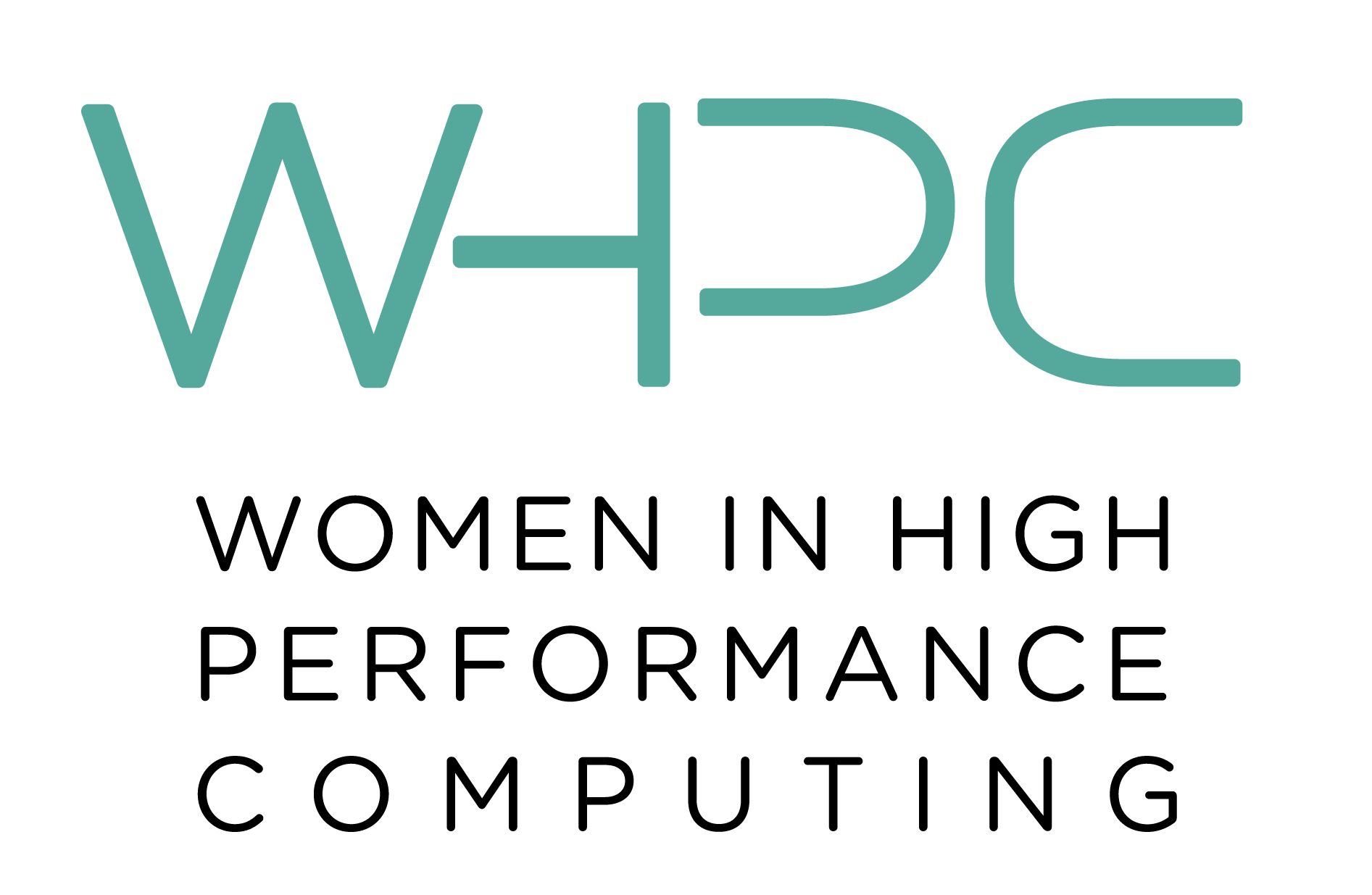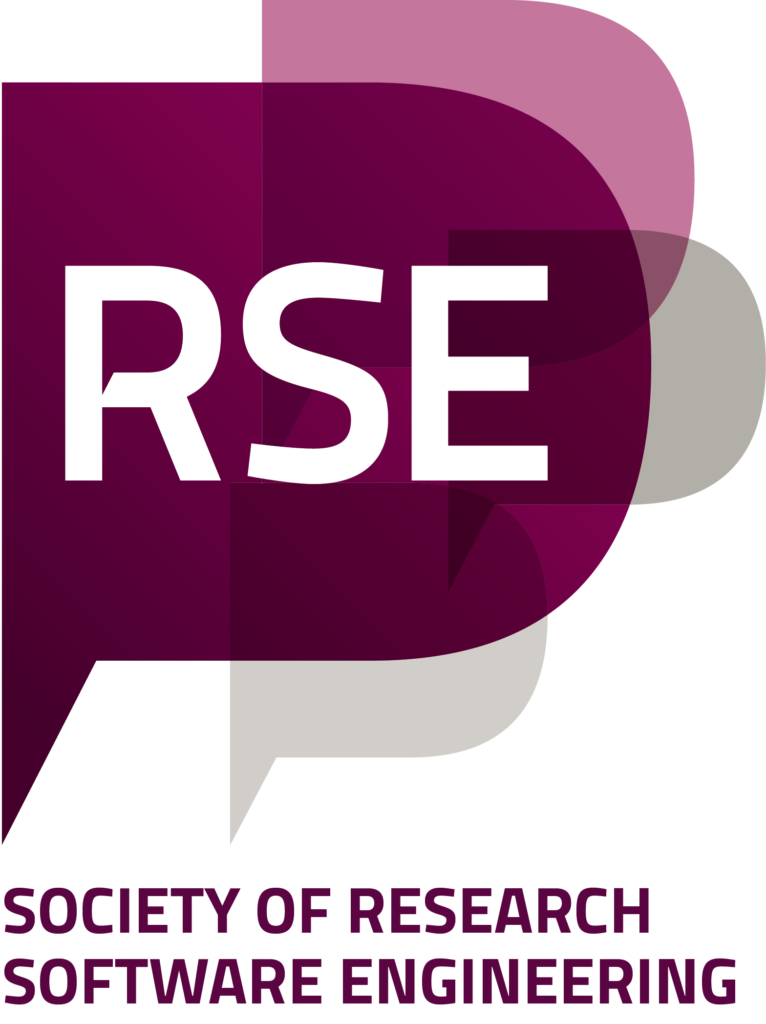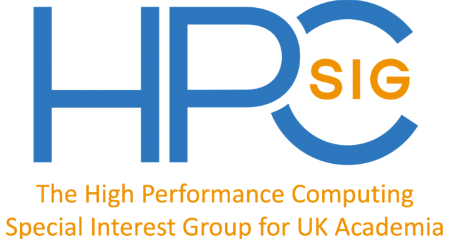The Computational Abilities Knowledge Exchange (CAKE) Network+ is dedicated to providing a sense of community within the Digital Research Infrastructure (DRI) programme and the UK’s wider large-scale computing community. Outward facing and keen to attract new communities, this network is a central hub that brings projects together to enable them to share their successes, achievements and explore how to most effectively work together and leverage each other’s work.
We remove barriers that prevent effective knowledge exchange: taking care of the best practices, tools and resources, so you can focus on connecting, collaborating and driving progress.
What we provide
- Outreach CAKE represents DRI projects on national and international conferences such as CIUK or the Supercomputing conference series. If your project has outreach material (give aways, posters, videos, flyers, …) but you do not want to go the events yourself, CAKE can accept your dissemination material and ensure it is presented to our target audience.
- Best Practices Designing EDI guidelines, code of conducts, conference instructions, … can quickly become an overwhelming task. CAKE collects templates for these tasks to allow projects to focus on their unique core mission.
Engage
CAKE realises the majority of its day-to-day work through a joint Slack. The Slack is open to the whole UK community and friends. To receive an invite please contact the CAKE management.
Partners
We are proud to be supported by the following project partners and thank them for their continued support and advice.
 |
ARCHER2 is the latest iteration of the UK National Supercomputing Service. The ARCHER2 service aims to provide a flexible and responsive resource to support world-class research in the UK; to improve the skill sets of researchers and RSEs to equip them for the future; to improve the sustainability, maintainability of the HPC software base; and to enable collaboration and outreach to the wider, worldwide HPC community and beyond.
|
 |
The Computational Science Centre for Research Communities (CoSeC) enables and supports collaborative computational research communities that are funded across UKRI. It has a mission to deliver research software as an infrastructure in order to enable world-class UK Research and Innovation.
|
 |
The DISKAH network aims to build capacity amongst Arts and Humanities (A&H) researchers in the use of state-of-the-art national Digital Research Infrastructure (DRI) to foster innovation and collaboration. DISKAH aims to introduce the wider field of A&H to the capabilities and opportunities afforded by computationally intensive data-driven methods and impact hundreds of A&H researchers through planned activities, training dissemination approaches and knowledge exchange events.
|
 |
Through collaboration and networking, WHPC strives to bring together women in HPC and technical computing while encouraging women to engage in outreach activities and improve the visibility of inspirational role models.
|
 |
Established in 2009, DiRAC provides high performance computing (HPC) services to the UK’s Scientific Research Communities in theoretical cosmology, nuclear physics, astrophysics, particle physics, and solar and planetary science.
|
 |
The Society of Research Software Engineering was founded on the belief that a world which relies on software must recognise the people who develop it. Our mission is to establish a research environment that recognises the vital role of software in research. We work to increase software skills across everyone in research, to promote collaboration between researchers and software experts, and to support the creation of an academic career path for Research Software Engineers.
|
 |
The HPC Special Interest Group aims to promote the use of High Performance Computing (HPC) and other forms of high end computing, such as high throughput computing (HTC) in academia, by members working together and promoting best practice in HPC provision, management and support. It also seeks to promote the uptake of HPC and HTC in industry through collaborations and consultancy between academia and industrial partners.
|
 |
NVIDIA pioneered accelerated computing to tackle challenges no one else can solve, their work in AI and digital twins is transforming the world's largest industries and profoundly impacting society.
|
 |
The SSI was founded in 2010 as the first organisation in the world dedicated to improving software in research. It was founded on the premise that helping individuals and institutions understand the vital role that software plays in research would accelerate progress in every field of scientific and academic endeavour.
|
 |
The United Kingdom Car-Parrinello Consortium (UKCP) is a group of researchers across the UK who develop first principles quantum mechanical techniques for studying atomistic systems and apply them to a very wide variety of systems. UKCP develops the methods and software to perform computer simulations of a wide range of chemical and material systems, these may then be applied to a vast range of chemical, physical and materials-related problems.
|
 |
Materials and Molecular Modelling (MMM) crosses traditional disciplines of physics, chemistry, materials science, nanotechnology, biophysics, earth sciences, life sciences, chemical-, mechanical, and more. The MMM Hub drives science forward in each of these disciplines. By speeding up and improving the quality of the predictions, the Hub benefits the entire international MMM community and our experimental and industrial collaborators.
|
 |
STEP-UP is a UK based project to build a regional, London-based, platform to support the development of communities, skills and career opportunities for digital Research Technical Professionals (dRTPs).
|
 |
The world we live in faces ever-changing societal, environmental and economic challenges, which are felt regionally, nationally and also globally. At Innovate UK Business Connect our mission is to connect ideas, people and communities to respond to these challenges and drive positive change through innovation.
|












